Consider this hypothetical scenario: Bob and Alice are playing a game of Magic: The Gathering. It's normal game play at first, as, say, Filigree robots from Kaladesh face off against werewolves and vampires from Innistrad. But then Alice draws just the right card from her customized deck, and suddenly Bob finds himself caught in the equivalent of a Turing machine, the famed abstract device that can simulate any computer algorithm. Thanks to the peculiarities of the rules of Magic, Bob can now only finish the game when he meets whatever condition Alice has programmed her in-game algorithm to accomplish—for example, to find a pair of twin primes greater than one million.
It may be a highly unlikely scenario, but a recent paper posted on the physics arXiv proves that it's possible in principle to build a simple computer within this massively popular tabletop game using just the right combination of Magic cards. While the inputs must be pre-programmed, "Literally any function that can be computed by any computer can be computed within a game of Magic," said co-author Alex Churchill, a longtime Magic fan who has been working on the problem for several years.
Furthermore, he and his co-authors—Stella Biderman of the Georgia Institute of Technology and Austin Herrick of the University of Pennsylvania—have concluded that Magic might be as computationally complex as it's possible for any tabletop game to be. In other words, "This is the first result showing that there exists a real-world game [of Magic] for which determining the winning strategy is non-computable," the authors write.
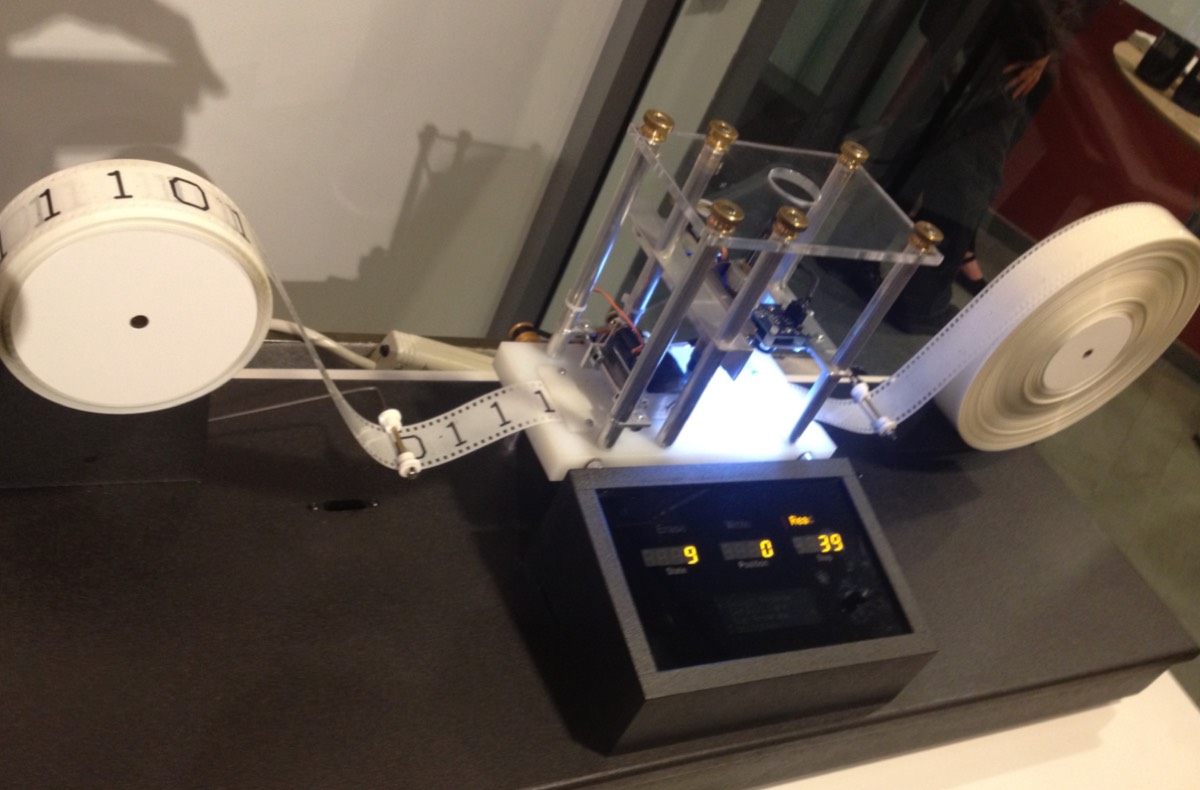
A touch of Magic
For the uninitiated, Magic: The Gathering is a tabletop trading card game, invented in 1993 by mathematician Richard Garfield while he was completing his PhD. Players can build customized decks of 60 cards chosen from the massive collection available. They then use those cards to cast spells, use artifacts, and summon various magical creatures to defeat their opponents by draining them of "life points."
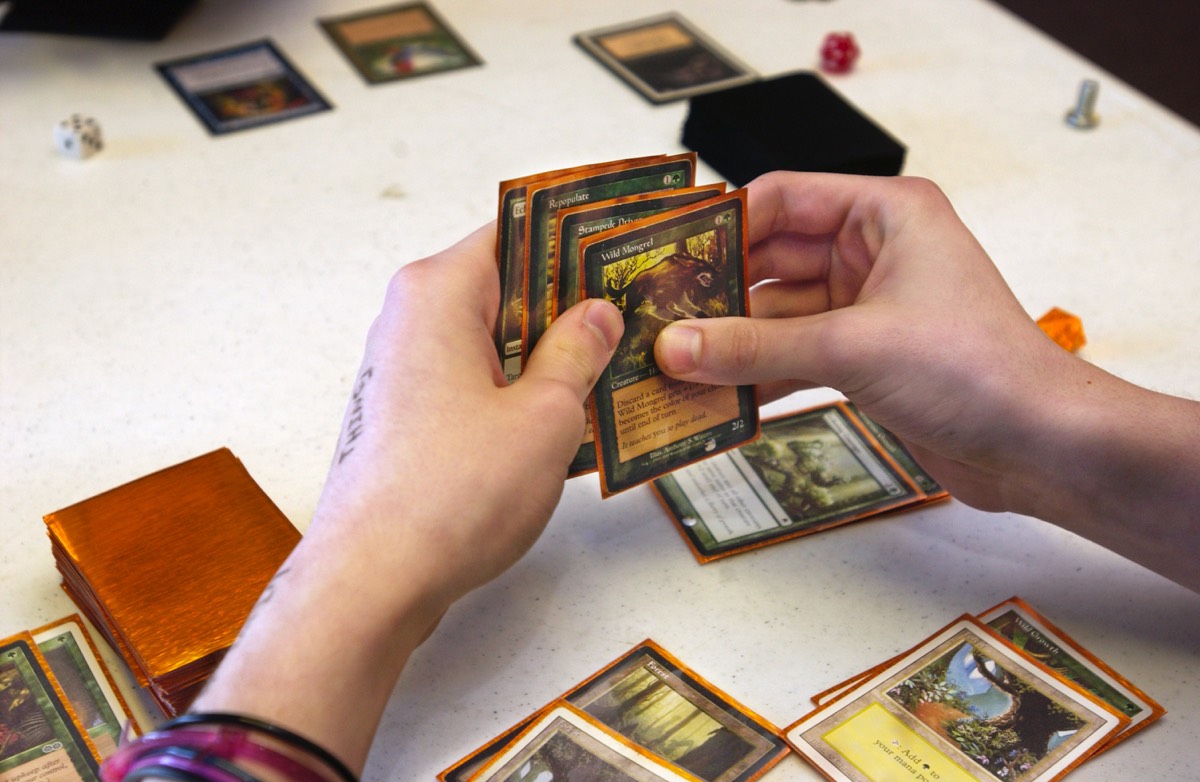
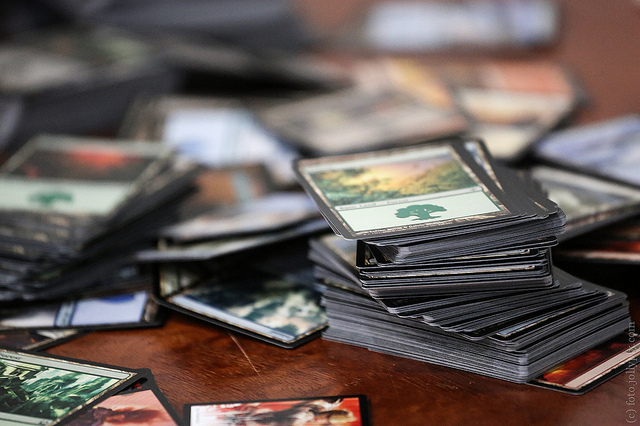

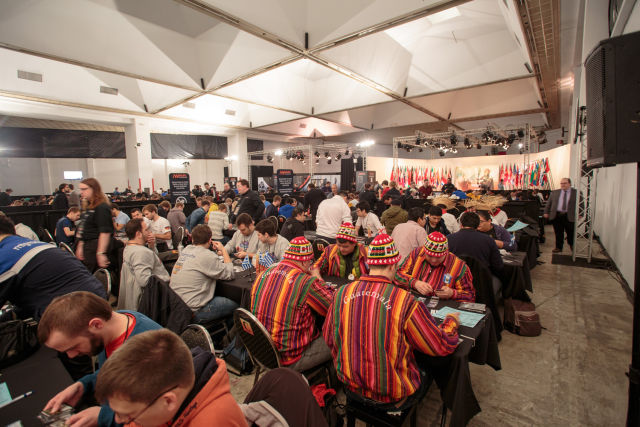
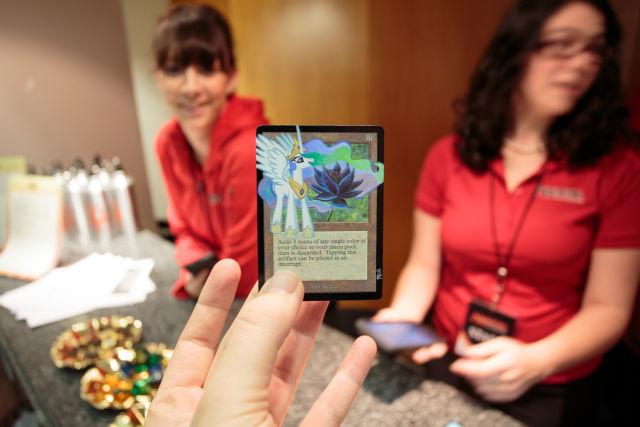
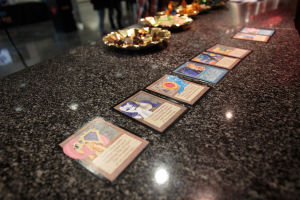
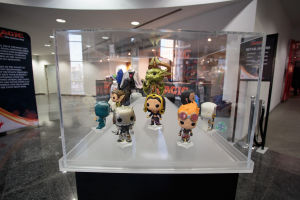
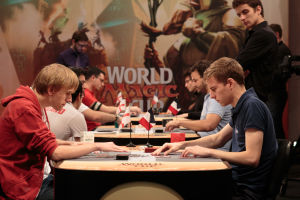

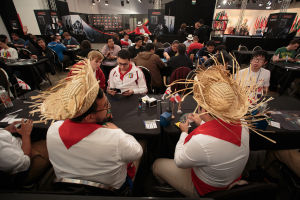
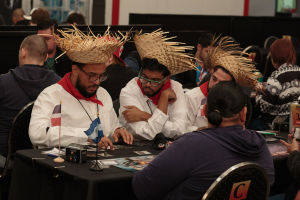
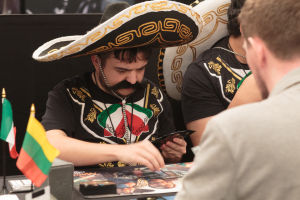
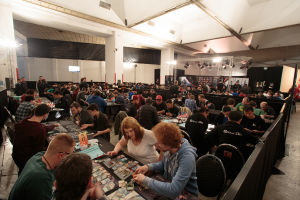
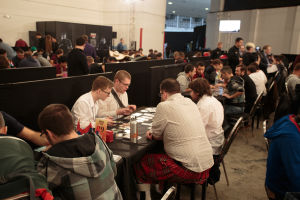
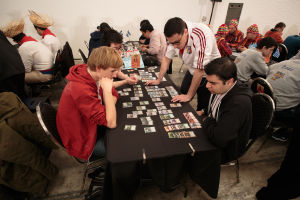
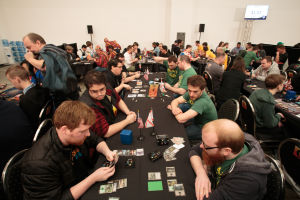
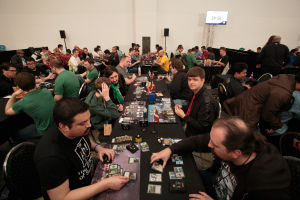
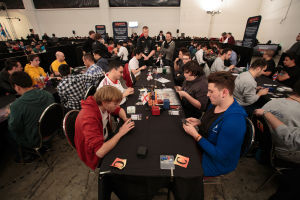
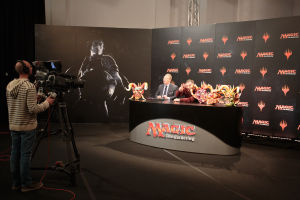
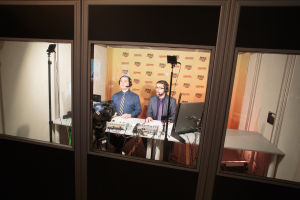
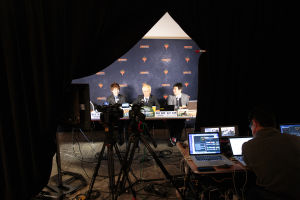
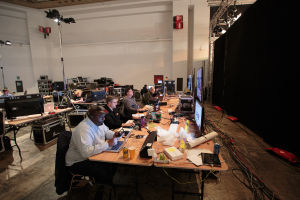
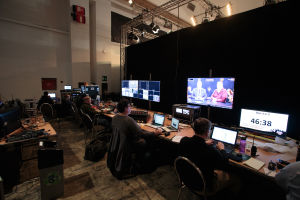
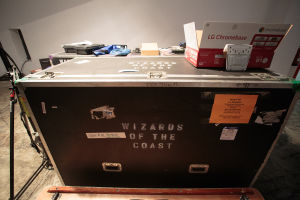
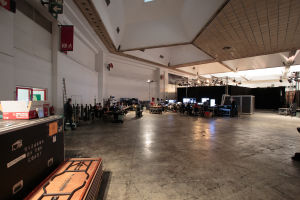
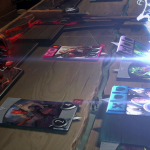

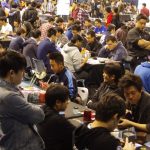
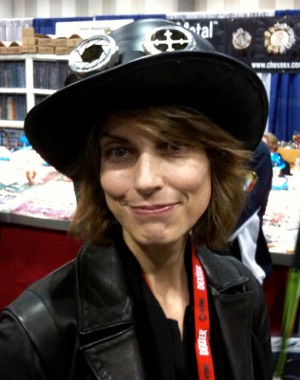
 Loading comments...
Loading comments...
